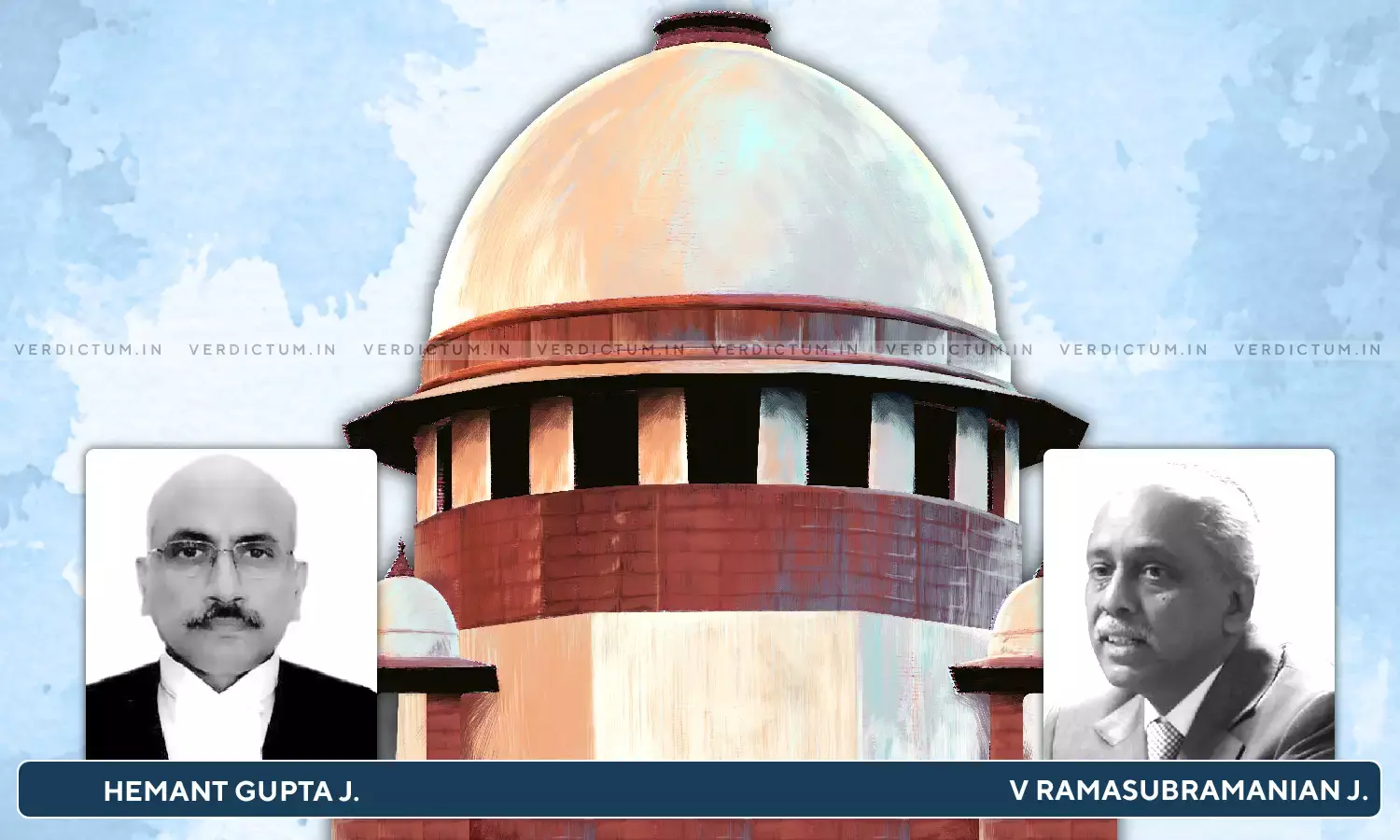Land Acquisition Act 2013 - Subsequent Purchaser Not Entitled To Claim Lapsing Of Proceedings – Supreme Court

A Supreme Court Bench of Justice Hemant Gupta and Justice V Ramasubramanian set aside a judgment passed by the Delhi High Court regarding the acquisition of land. To that end, the Court held that "the reasons recorded in a separate judgment delivered today in the matter of Delhi Development Authority v. Godfrey Phillips (I) Ltd. 6, subsequent purchaser is not entitled to claim lapsing of the proceedings under the 2013 Act."
The Respondent had purchased land in a village. The original landowner filed a Petition challenging the notifications under Sections 4 and 6 of the Land Acquisition Act, 1894. The Petition was dismissed in view of an order passed in Chatro Devi v. Union of India & Ors. A review application was filed by the original landowner on the ground that the objections filed under Section 5A were not considered. The High Court found that the original landowner had not given any date of filing of the objection, nor the details as to when and before whom the objections were filed, and had not attached the objections with the Writ Petition. On these grounds, the Review Petition was dismissed. The High Court declared the acquisition proceedings as lapsed in view of the provisions of Section 24(2) of the Right to Fair Compensation and Transparency in Land Acquisition, Rehabilitation and Resettlement Act, 2013.
The Appellant contended that even after the dismissal of the Petition filed by the original landowner, interim orders in respect of the same acquisition in other writ petitions were in operation, therefore, the Appellant could not have taken possession of the land.
The Supreme Court opined that the High Court order could not be sustained in law.
It was found that the Respondent was a purchaser after the publication of notice under Sections 4 and 6 of the Act and after the award of the Land Acquisition Collector. Relying on the judgment in Delhi Development Authority vs Godfrey Phillips (I) Ltd., the Bench opined that the subsequent purchaser is not entitled to claim lapsing of the proceedings under the 2013 Act.
Further, the Court opined "the finding that compensation was not offered to the land owners and therefore the deposit in the Court cannot be regarded as payment of compensation is again not tenable".
Therefore, the Bench found that the order passed by the High Court was not sustainable, and therefore was set aside.
Click here to read/download the Judgment

